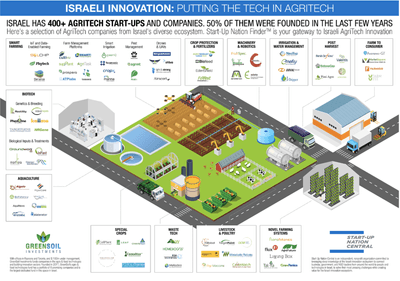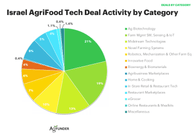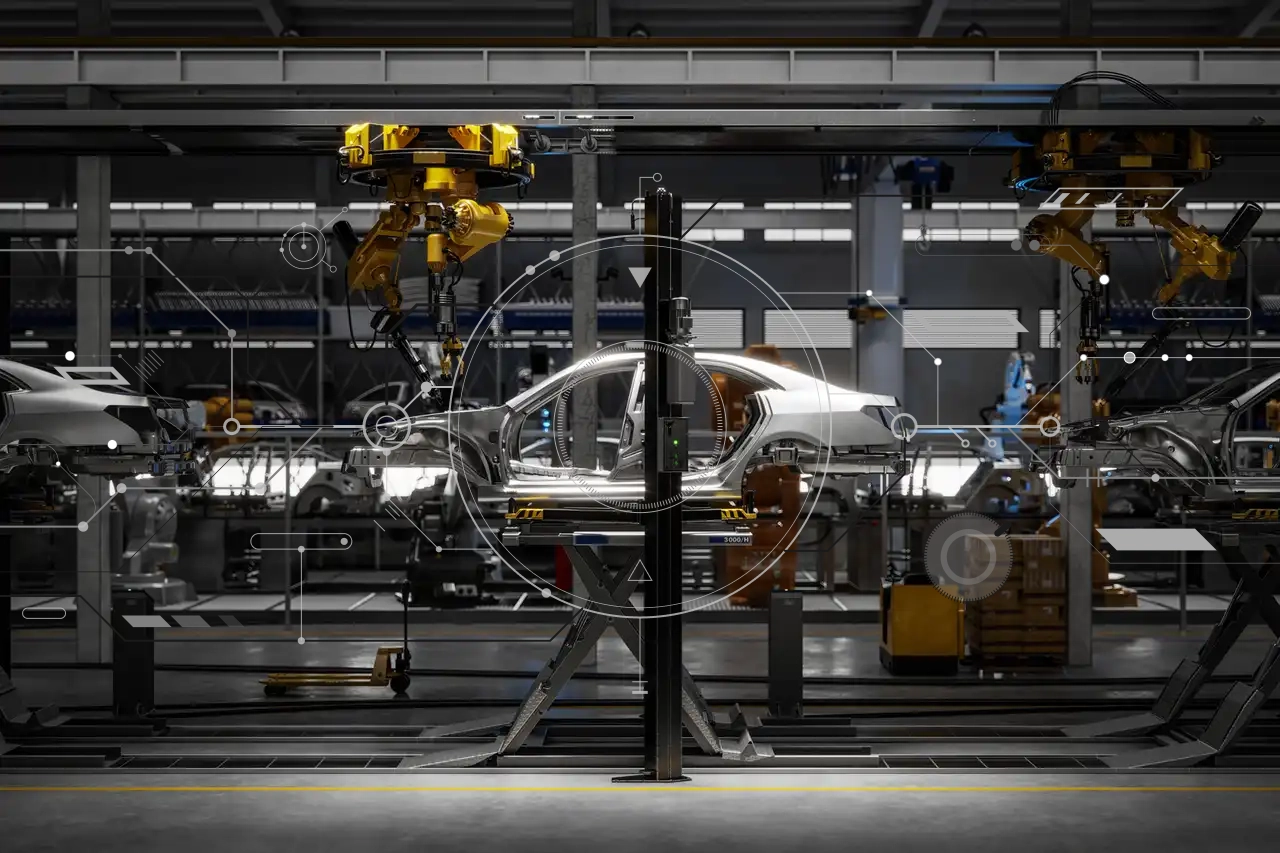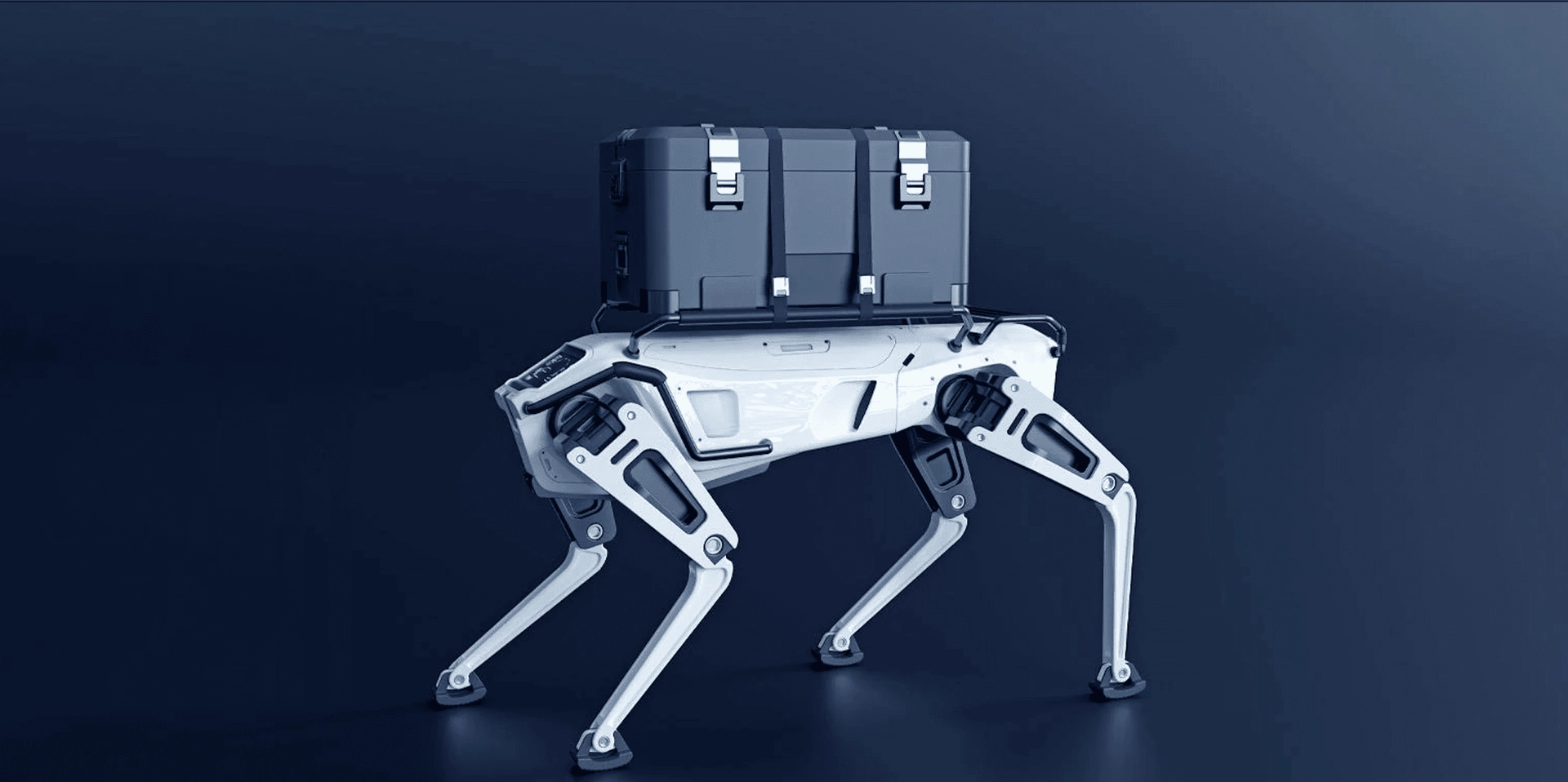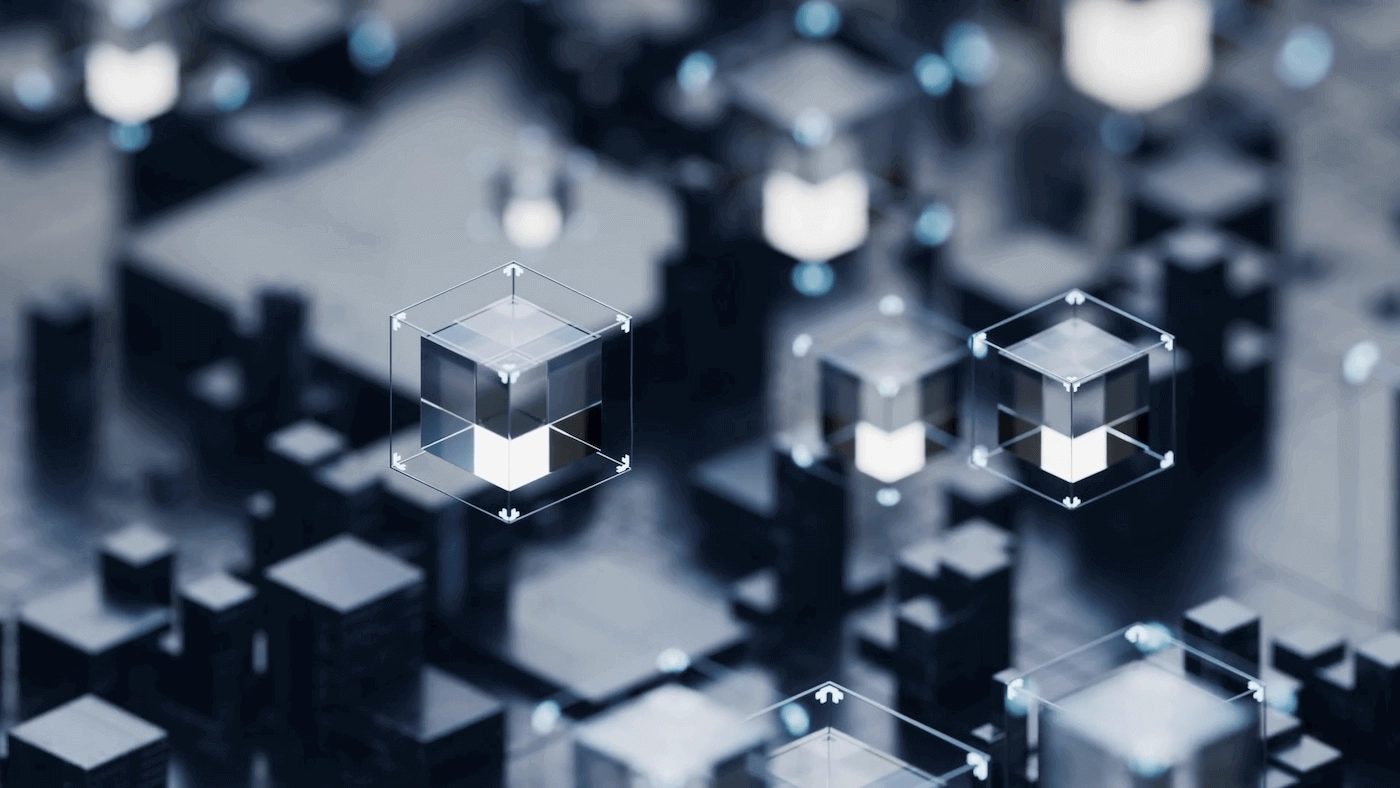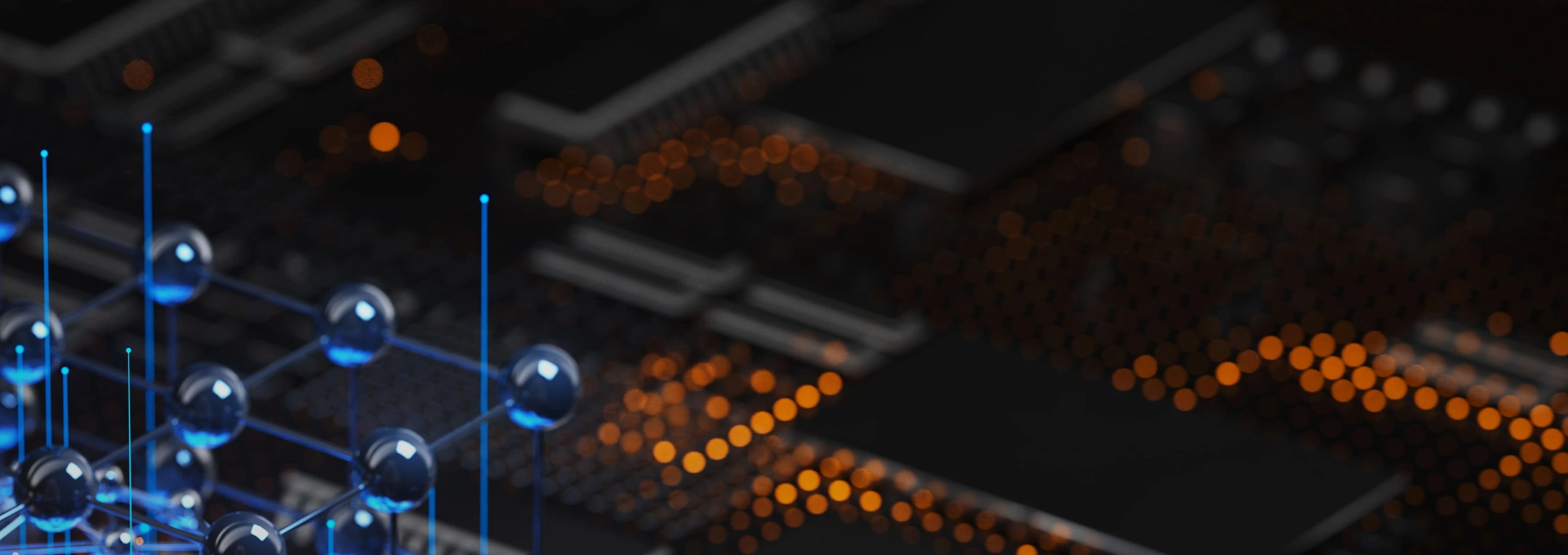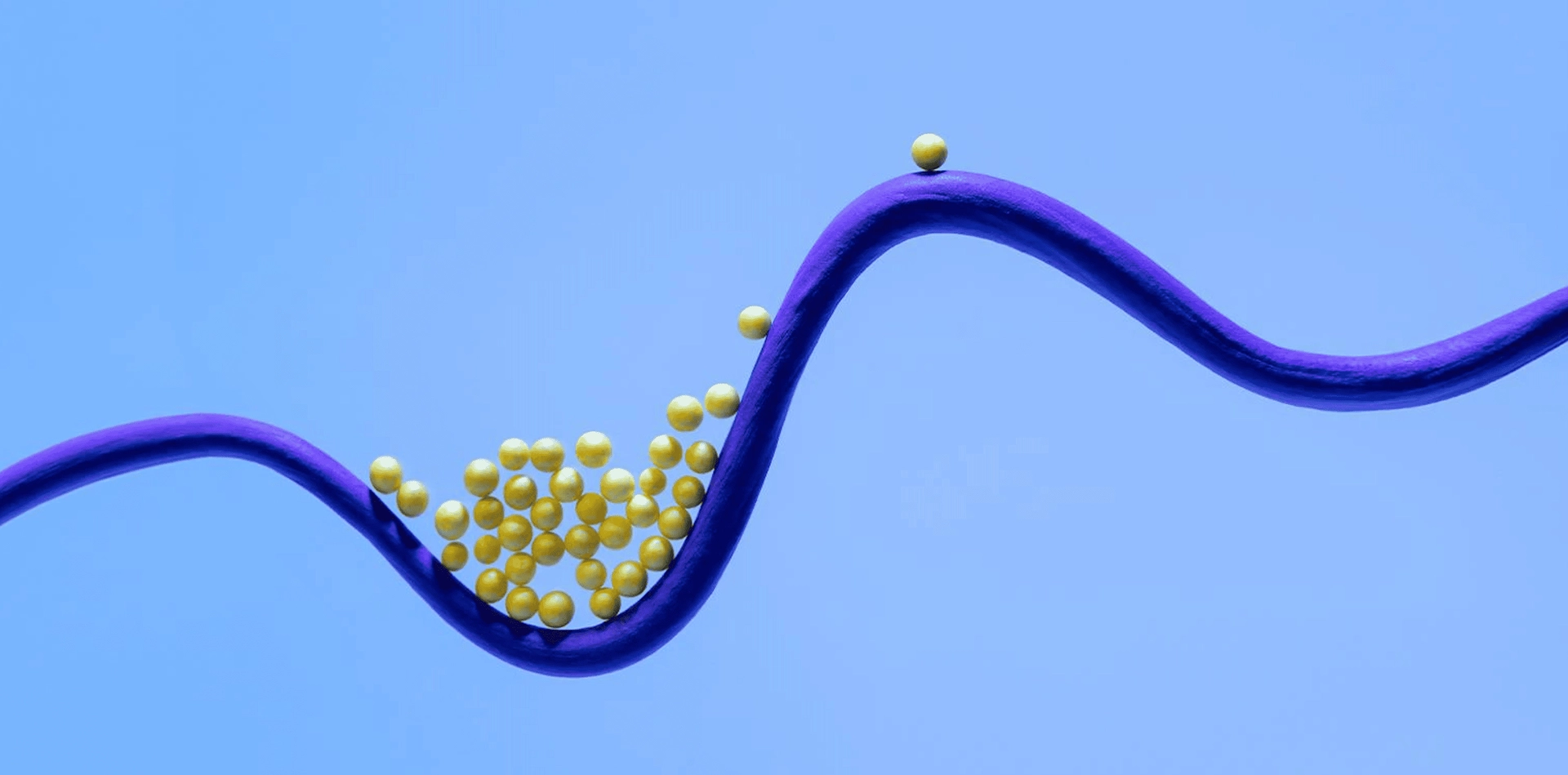Top Israel AgriTech Direction in 2019

Michael Yushchuk
Head of Data Science
Israel is a country with powerful agricultural capabilities, and it’s producing world-leading food technologies right now. Having strong support from the government, access to military-grade technology, and some of the most advanced scientific developments, Israel is striving to become the AgriTech capital of the world. The country is working on implementing machine learning projects in agriculture, agrifood blockchain, innovative AgriTech animal health technologies, and more. Over the next years, Israel is expected to invite more investments into its agricultural sector. Continue reading to find out how.
A Brief Overview of the Agricultural Industry in Israel
Israel is a magnificent country with mountains, deserts, plains, and fertile lands bordering each other across a territory of 470 km in length and about 135 km in width. The climate of Israel is quite diverse as well, ranging from temperate to tropical. There are two dominating seasons in the region, rainy winter and dry, sunny summer. Whereas heavy rains are common in the north of Israel, there are hardly any rains in the south at all.
Here’s a surprising Israel agriculture fact: in spite of such a varied nature and small territory, Israel currently has a reputation as a prospective world leader in AgriFood tech innovations. With a population of 9 million people, the nation managed to get $759 million of venture capital investments into AgriFood tech for over 700 startups over five years (2014–2018). Only in 2017 did Israel raise more investment for upstream technologies ($187 million) than China, and nearly as much as India over five years, despite the country’s population being 150 times smaller. Moreover, Israel is now a global center of cannabis research, a multi-million-dollar industry that demands the most innovative AgriTech solutions.
The country’s growing population, its arid climate, and the long-standing geopolitical tensions in the region prompt the Israeli government to prioritize the nation’s food security. Currently, Israel is equipped with military-grade data, world-class science and research, as well as aerial and imaging tech capabilities that no other state is likely to beat soon. All these factors make Israel an ideal place to capture opportunities for innovative AgriTech solutions.
What is AgriTech?
AgriTech stands for the segment of startups working to improve efficiency or disrupt the global food and agriculture industry. Currently, the stake of AgriFood tech startups is small, but the eyes of the world’s leaders are fixed on them. At a global level, food and agriculture are a $7.8 trillion industry that employs over 40% of the world’s population. As the global population is expected to hit 9.7 billion over the next thirty years, agriculture has to come up with ways to feed all these people.
The not-so-bright side of the matter is that agriculture causes the lion’s share of greenhouse emissions. It plays a significant part in environmental depletion and pollution. Food waste, consumer health issues, and changing consumer demands are other issues that cannot be ignored.
The modern world has high hopes for modern technologies. AgriTech engineering and software solutions can make the agrifood industry more efficient, sustainable, cost-effective, flexible, and transparent.
Directions of AgriTech
AgriTech startups can be divided into several categories:
- AgriTech biotechnology (seeds, pesticides, fertilizers, animal pharmaceuticals)
- Artificial intelligence and big data (sensors and machine learning for optimizing crop and livestock management in precision farming)
- Vertical farming (software and sensor solutions for growing crops in confined spaces)
- Agriculture marketplaces (online platforms for farmers, retailers, and distributors)
- Robotics (automation of agricultural operations with the help of drones, robotics, and machinery)
- Biomaterials and bioenergy (extraction, processing, and use of agricultural byproducts for other industries)
- eGrocery (online stores and marketplaces for agriculture businesses)
- Agriculture managing software, sensing, and IoT (sensors, satellite imagery, AgriTech drones, online farm management tools, machine learning for precision agriculture, IoT, and computer vision technology in agriculture)
Today, the country is a primary global AgriTech hub. Israeli agricultural innovations are so impressive that it’s expected to be the country to ensure food security for the world.
Israel AgriTech Deal Categories
Let’s jump to Israel AgriTech deals in 2019–2020 and see the opportunities businesses can seize.
Over the last five years, these directions received the most investments:
- IoT
- agriculture biotechnology
- sensing
- farm management software
- midstream technologies
- robotics
- mechanization
- innovative farming equipment
- bioenergy
- biomaterials
Over the next years, the existing businesses and startups working in these directions are expected to raise even more investments.
Throughout 2019 and 2020, businesses operating in AgriTech in Israel will need to respond to the following challenges and requirements:
- food security and safety
- manual labor shortage
- environmental strains (climate/land/resources)
- water scarcity
- rising local demand for food
- rising global demand for food
Taking action as soon as possible is necessary for granting a sustainable and profitable future for your farming business. Agriculture has been around for many centuries, and it’s high time to ditch the outdated farming methods that lead to losses of resources and competitiveness.
Technologies like sensors, computer vision, blockchain, drones, and artificial intelligence can solve major issues of agriculture in Israel. Precision agriculture is the best way for such a small country to reach food security and farming market leadership, regardless of the conditions.
Agriculture Business Problems Software Can Solve
In Israel, agricultural drones can help to increase food production output greatly. Drones can circle fields and take high-resolution images of areas that are not easy to reach frequently. With the help of drones, farmers get instant updates on their crops.
Sensors in the soil can give farmers accurate live information on light, water, and fertilizers. When data from the sensors and drones is sent to a computer and analyzed by a machine learning solution, farmers can optimize their efforts based on actual data. Drones and sensors can substitute human labor, which is another way to cut down costs and increase profit.
Satellite crop monitoring systems can help farmers observe fields remotely without having to run frequent, lengthy scout visits. Combined with machine learning in smart agriculture, satellite crop monitoring systems can help farmers manage their fields remotely, detect problems at early stages, and forecast future developments. Having up-to-date information on every field, a farmer will be better prepared for environmental challenges.
Machine learning in agriculture projects is another approach to managing farms effectively. With the help of ML, farmers will be able to save water, fertilizers, cattle food, and energy. What’s more, machine learning helps to minimize human labor and eliminate it where possible. For instance, a tailored machine learning solution can give precise predictions and evaluations of farming parameters like future weights of cattle, milk production, and so on. Based on the data, farmers can make well-informed decisions.
Machine learning can help farmers meet the rising global demand for food by maximizing the yield from their existing resources. Globally, one-third of the food produced for human consumption is either wasted or lost annually, and machine learning can help address this issue by providing accurate management and forecasting tools.
Computer vision and image understanding can help address some of the primary concerns currently facing Israeli agriculture, such as food security and safety, as well as crop monitoring. With the help of computer vision solutions, farmers can detect crop diseases, recognize weeds, calculate the area affected by diseases and weeds, and grade and sort agricultural products.
Computer vision-based human detection can help address security issues on farms. In a country that has neither trade nor diplomatic relations with its neighbors, computer vision face recognition could be an optimal choice for granting the security and inviolability of strategic agricultural and AgriTech locations.
IoT solutions can automate traditional agriculture methods like direct pump irrigation, sprinkler irrigation, and drip irrigation. This way, the automated system would monitor the field conditions and spend only the required amount of water exactly when needed. Smart IoT solutions can reduce routine human labor in the fields as well.
Final Thoughts
Businesses working in agriculture still have time to seize an opportunity to join the AgriTech trend. A traditional farm that relies on manual labor and personalized sales is unlikely to survive in the competitive, high-tech agricultural environment. It’s essential to utilize machine learning in agriculture and leverage other smart technologies to ensure a sustainable future for agricultural businesses and the broader agricultural sector.
Agriculture
Build smarter Agritech solutions faster. From crop analytics and autonomous drones to connected agri-devices and AI modeling platforms.
Check the service